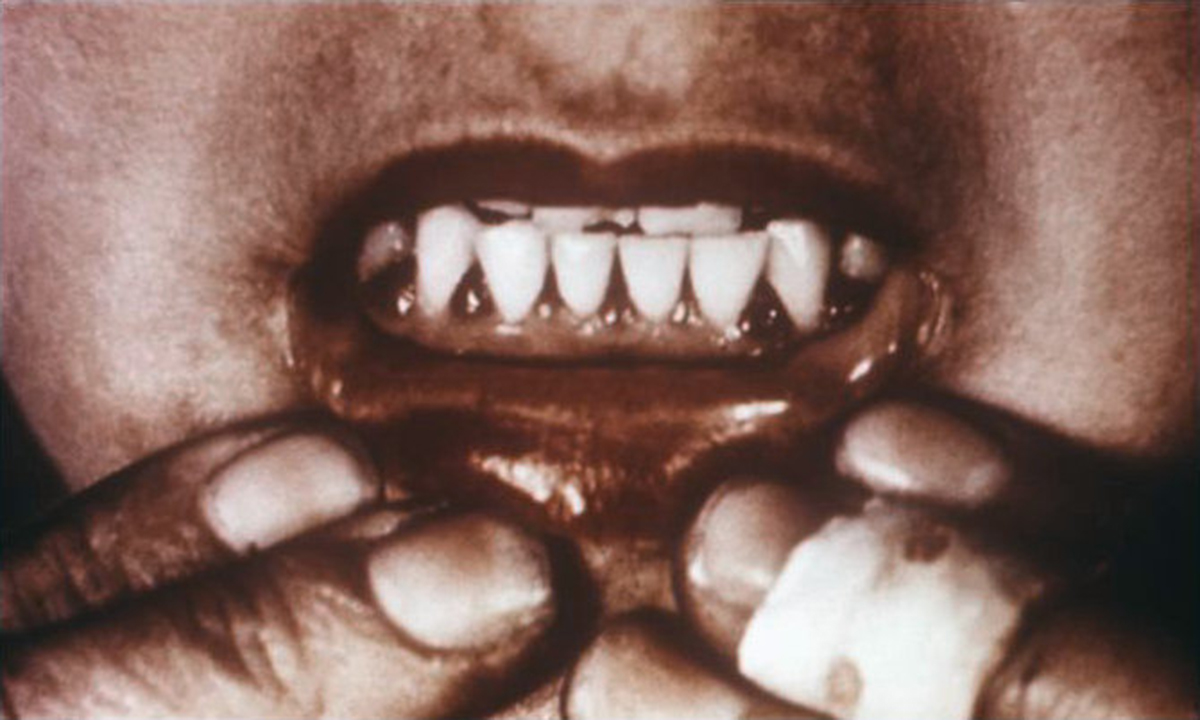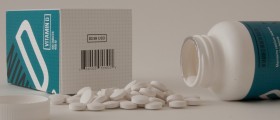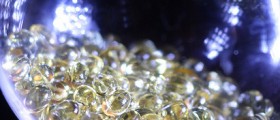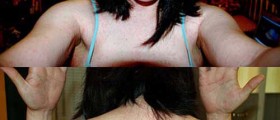
The Sunshine Vitamin
Vitamin D plays an important role in bone health because it aids the absorption of calcium. Deficiency of this vitamin has been associated with rickets, a condition in which the bones become soft and prone to deformities.
Vitamin D deficiency- symptoms and health risks
Muscle and bone pain can be associated with vitamin D deficiency, but for most people the symptoms of this problem are much more subtle. Many live with the deficiency without knowing until a serious health problem occurs.
Vitamin D deficiency poses a health risk and can lead to cognitive problems in adults, cardiovascular disease, severe asthma in children and cancer.
This vitamin is believed to be able to prevent some serious diseases like diabetes, hypertension, glucose intolerance and multiple sclerosis.
Vitamin D deficiency- causes
There are several reasons for which the vitamin D deficiency can occur. For example, a diet which does not contain enough sources of this vitamin. Vegetarians, who do not eat fish, fish liver oil, eggs, beef liver and cheese, may be at risk.
Since sunlight is necessary for the production of vitamin D in human body, people who do not get enough exposure to sun for various reasons (for example if they are homebound, if they live in northern parts of the Earth, cover their body from the sunlight and similar) may develop vitamin D deficiency over time.
Dark skin has less melanin, and this pigment is important for vitamin D production from the sun.
Another cause can be the kidney’s inability to convert vitamin D sufficiently. Over time this kidney function decreases, which can lead to deficiency.
Some kidney problems and diseases, like Crohn’s disease, cystic fibrosis and celiac disease, can reduce the ability of digestive system to absorb vitamin D.
Obesity can also be the factor of risk for vitamin D deficiency, especially of body mass index is 30 or higher.
Treatment for vitamin D deficiency
The adequate amount of vitamin D depends on age and overall health, but most experts agree that anything below 20 nanograms per milliliter should be considered deficiency.
In case this deficiency is diagnosed through blood tests, the treatment usually consists of increasing the intake of vitamin D through food, supplements or exposure to sunlight.
















Your thoughts on this
Loading...